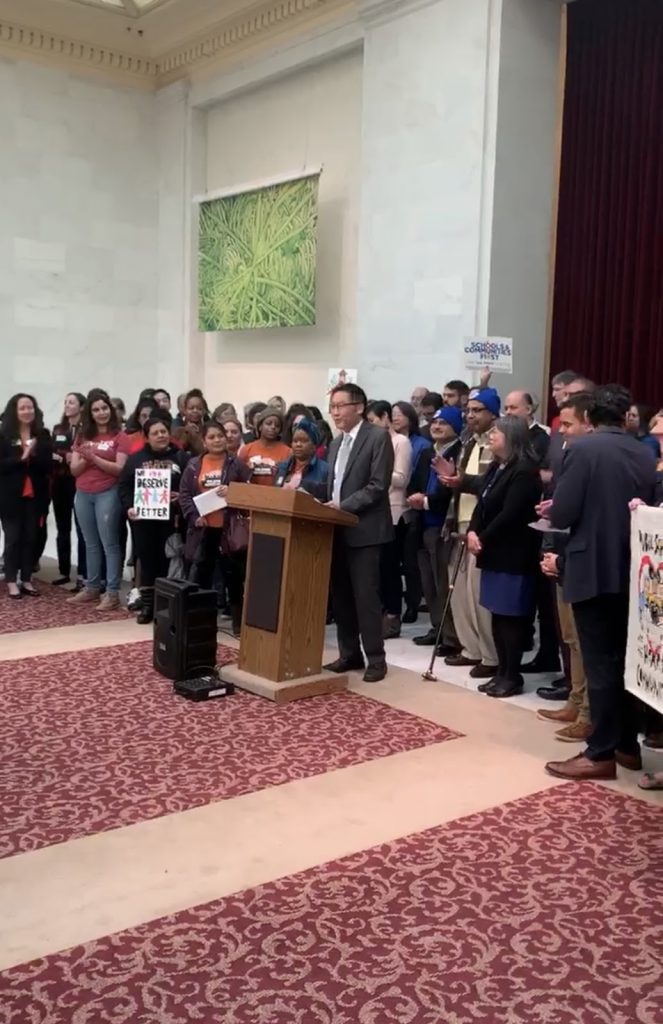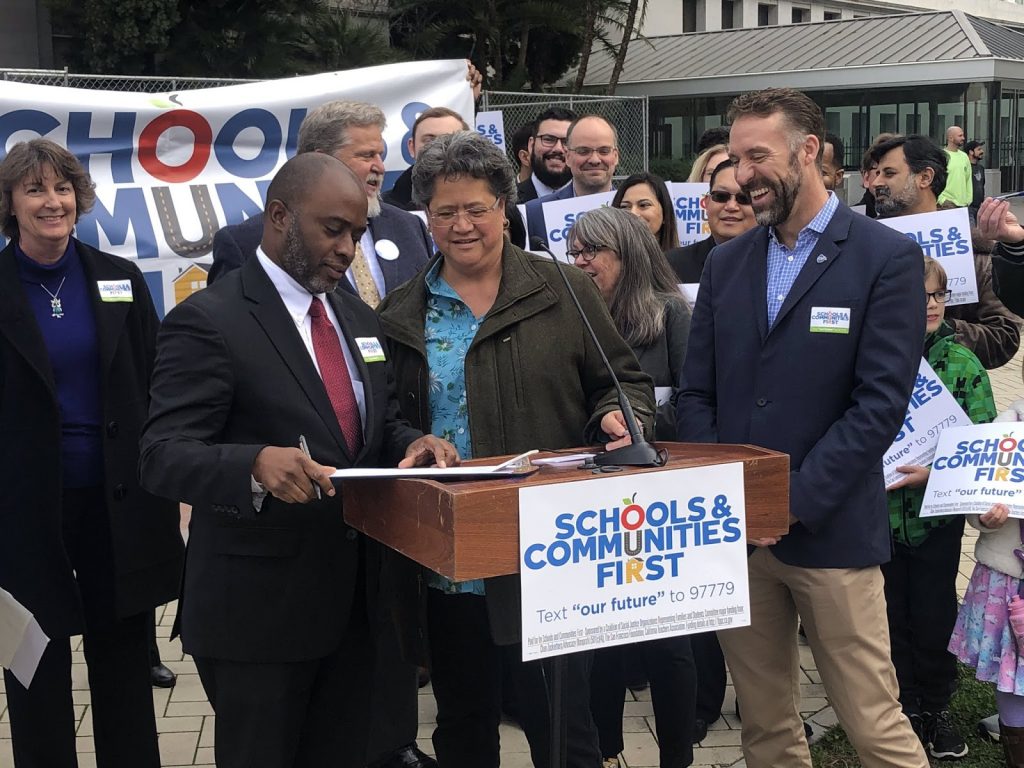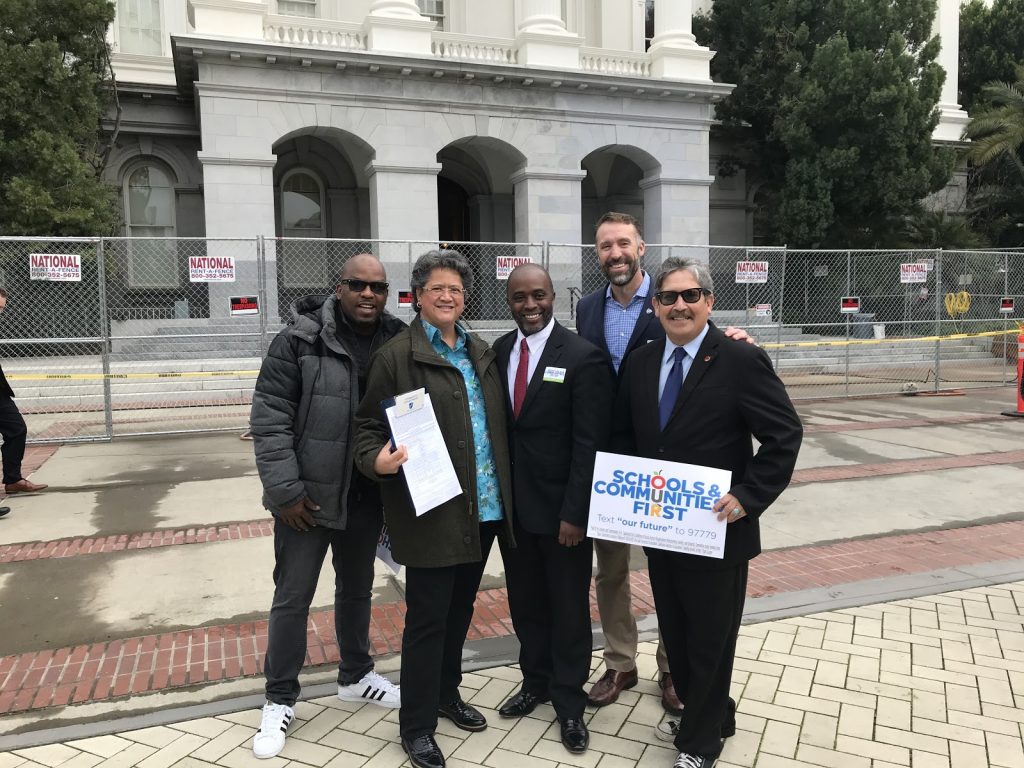Yuriana and Hector live for the smiles on their daughters’ faces, but just five years ago, they were uncertain about what size family they would have in this expensive health care climate.
The passage of the federal Patient Protection and Affordable Care Act and Covered California opening for business changed that equation for Yuriana and Hector. It allowed them to get covered and plan for their “Covered California miracle baby.”
The Salinas couple had one toddler and wanted to expand their family, but the high cost of health coverage had been deterring them from having another.
“After we had insurance, we were able to plan our second baby,” Yuriana said. “It was a blessing, because without that insurance we wouldn’t be able to have our daughter.”
The family also qualified for the new state subsidy program designed for middle-income Californians in 2020, and they are now saving over $1,700 a month in premiums.
“People that don’t have it live in fear, so having it is just a relief,” Yuriana said.
With Covered California’s open enrollment lasting until Jan. 31, giving yourself and your family the peace of mind that comes with having health care coverage in 2020 — like Yuriana and Hector did — should be at the top of your list.
If you need motivation beyond getting quality, name-brand health coverage, be aware of the Individual Shared Responsibility Penalty for Californians who choose to go without health insurance in 2020, which will be administered by the Franchise Tax Board.
“We do not want Californians to face a penalty; we want them to have quality health insurance that gives them access to some of the best doctors and facilities in the nation,” said Covered California Executive Director Peter V. Lee.
For those facing a penalty, a family of four could pay at least $2,000 for not having health insurance.
Also, Gov. Gavin Newsom and the state Legislature made new financial help available to eligible consumers to help further lower the cost of their coverage. More than 560,000 Californians have already qualified for the new state subsidies.
Syd and Lisa of Elk Grove, CA. are happy recipients of the new state subsidies.
“Healthcare was the No.1 expense. It was our largest household expense,” said Syd. “Because of the income range we’re in we did qualify for some of the subsidy. That changed everything. It does give you that peace of mind so that other things in life go better.”
“You can find out in just a few minutes whether you are eligible for financial help from the federal government, the state, or both,” Lee said. “Do not leave money on the table; do not put yourself at risk if you get sick or ill; do not get stuck with a big bill when you pay your taxes in 2021.”
Covered California’s open-enrollment period runs through Jan. 31. Consumers can easily find out if they are eligible for financial help and see which plans are available in their area by entering their ZIP code, household income and the ages of those who need coverage into Covered California’s Shop and Compare Tool.
Those interested in learning more about their coverage options can:
- Visit www.CoveredCA.com.
- Get free and confidential in-person assistance, in a variety of languages, from a certified enroller.
- Have a certified enroller call them and help them for free.
- Call Covered California at (800) 300-1506.
 Westside Story Newspaper – Online The News of The Empire – Sharing the Quest for Excellence
Westside Story Newspaper – Online The News of The Empire – Sharing the Quest for Excellence



